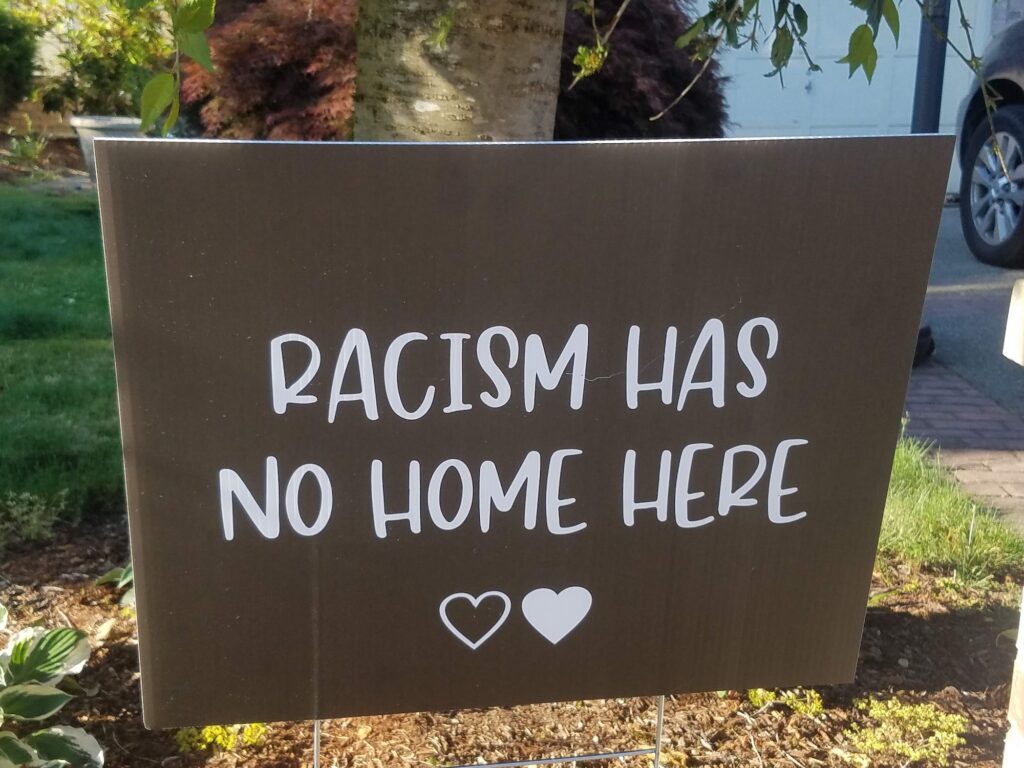On March 11, 2022, Washington State Governor Jay Inslee, signed bill HB 1210 into law. HB 1210 replaces the term ‘marijuana’ with the more scientific name ‘cannabis’ throughout the Revised Code of Washington.
Now, we can guess what you’re thinking. “Here we go, spending tax dollars on something so trivial and unimportant.” Stick with us here, the reasoning is incredibly important and the financial impact minimal. First, let’s start with some education.
What is the Revised Code of Washington?
Revised Code of Washington
“The Revised Code of Washington (RCW) is the compilation of all permanent laws now in force. It is a collection of Session Laws (enacted by the Legislature, and signed by the Governor, or enacted via the initiative process), arranged by topic, with amendments added and repealed laws removed. It does not include temporary laws such as appropriations acts.” (Source.)
In other words, it’s the group of permanent laws in effect in Washington.
Aren’t ‘Marijuana’ and ‘Cannabis’ the same thing?
Close. ‘Marijuana’ is a slang term used to describe the flowering plant ‘Cannabis’ which is a genus of flowering plants from the cannabaceae family.
Why Replace “Marijuana” with “Cannabis”?
This is where it gets really interesting. Did you know that the term “marijuana” has racist roots? There’s some debate as to where the term and spelling actually originated from–see this Wiki article about the etymology–but the root of the word and continued use stems from racist politicians spreading anti-cannabis propaganda and blatant misinformation for personal and financial gain.
But don’t take our word for it. Many others, way more articulate than us, have provided proof that the term “marijuana” is problematic.
Why is Marijuana illegal? (Source: Drug WarRant)
“…racism was part of the charge against marijuana, as newspapers in 1934 editorialized: “Marihuana influences Negroes to look at white people in the eye, step on white men’s shadows and look at a white woman twice.”
Reefer Madness by Eric Schlosser (Source: The Atlantic)
“The political upheaval in Mexico that culminated in the Revolution of 1910 led to a wave of Mexican immigration to states throughout the American Southwest. The prejudices and fears that greeted these peasant immigrants also extended to their traditional means of intoxication: smoking marijuana. Police officers in Texas claimed that marijuana incited violent crimes, aroused a “lust for blood,” and gave its users “superhuman strength.” Rumors spread that Mexicans were distributing this “killer weed” to unsuspecting American schoolchildren. Sailors and West Indian immigrants brought the practice of smoking marijuana to port cities along the Gulf of Mexico. In New Orleans newspaper articles associated the drug with African-Americans, jazz musicians, prostitutes, and underworld whites. “The Marijuana Menace,” as sketched by anti-drug campaigners, was personified by inferior races and social deviants.”
The Mysterious History of ‘Marijuana’ by Matt Thompson (Source: NPR)
“Throughout the 19th century, news reports and medical journal articles almost always use the plant’s formal name, cannabis. Numerous accounts say that “marijuana” came into popular usage in the U.S. in the early 20th century because anti-cannabis factions wanted to underscore the drug’s “Mexican-ness.” It was meant to play off of anti-immigrant sentiments.”
If you need more proof, we encourage you to do your own research. We suggest pairing your research with a nice sativa to enhance your ability to absorb, process, comprehend, and react to the massive amounts of information about this topic.
But what about the financial impact on Washington taxpayers?
- $2,653 for updates to forms and law tables.
- $61,200 for computer programming updates; publications and online information; general inquiry responses.
- $20,442 to implement the bill on public facing sites.
- $11,000 to update the Department of Corrections “Offender Management Network Information (OMNI)”.
As a minority-owned cannabis dispensary who welcomes individuals of all races, sexual orientations, creeds, and religions we applaud the Governor for taking a firm stand against racism and giving this important topic the light of day. While this may be a very small step into improving racism in our state–and country–we’re here for it. And we’ll be here for the rest of it until racism is no longer a blatant, undeniable, systemic issue.



